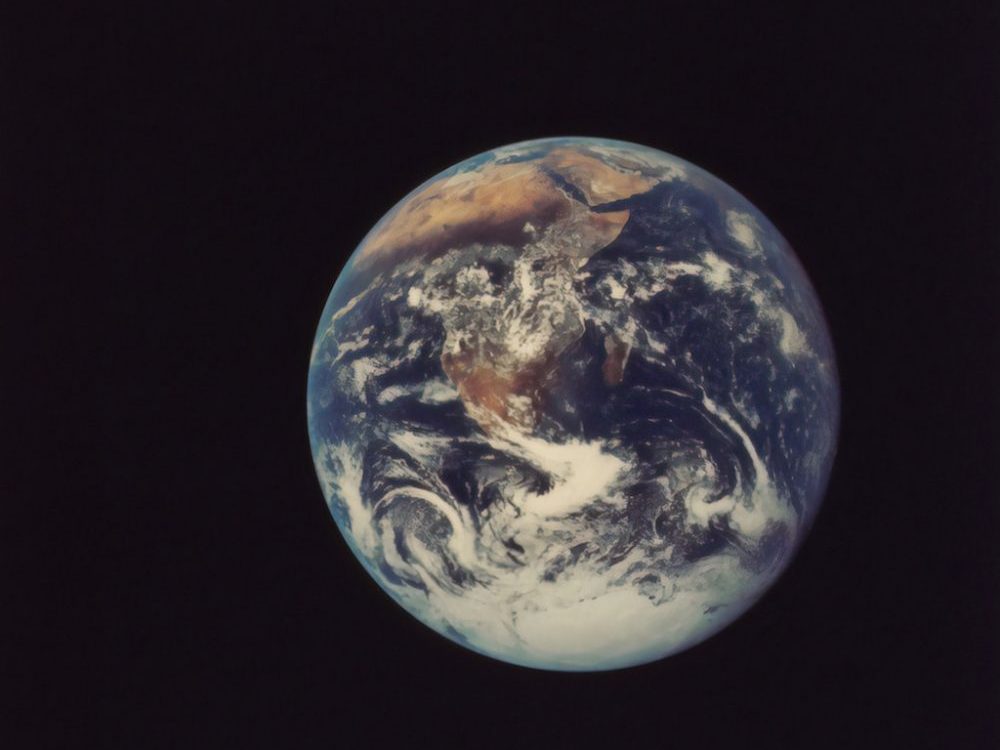The pivotal 2018 IPCC report stated that we have only until 2030 before global heating reaches the point of no return – a point at which both wildlife and human life will be in serious danger and the point at which the damage cannot be undone.
Since the advent of this news, Zero-Waste movements have gathered traction, with zero-waste stores now found in nearly every city. Similarly, we’ve seen the rise of the ‘environmental vegetarian’, a person who changes their diet to reduce their carbon emissions. Extinction Rebellion protests are now commonplace and occur frequently on an international scale. Both the UK and Scottish governments have declared a climate emergency and set targets to become carbon neutral by 2050 and 2040, respectively.
While some activist groups have criticised these targets for not going far enough, at least we have something to work on. Some governments have completely ignored the IPCC report altogether. Powerful world leaders, such as Trump and Bolsonaro, frequently disregard the environment in favour of economic gain. A reaction to this apathy has been to emphasise individual change – 53% of British people in 2018 reported that they consciously reduced their consumption of single-use plastic.
These represent the two methods of effecting change. Top-down, where the change is implemented at a national, governmental, and corporate level; and bottom-up, where the individual changes in the hope that governments and corporations will follow suit.
This is fundamentally a question of power: is the individual powerful enough to force the change that we need at an international and corporate level? What can the individual really do when faced with the health of an entire planet?
Aside from the peace of mind gained from knowing that your actions aren’t actively harming the planet, individual lifestyle change can be powerful for a number of reasons.
The argument centres around money: we live in a largely capitalist society, so the practices of large companies change as consumer need changes. If we stop buying plastic, the big guys at the top will come up with alternatives, because they have to. Fundamentally, they need our money. In this way, individual change can directly cause change at the top – or so the theory goes. Just look at plastic consumption and supermarkets.
While this seems promising, this method still ignores the very root of the issues that led us here. As stated by Sarah Ogun (@sarah_ogun) in one viral tweet: by emphasising the individual’s role in the climate disaster, we take the blame and responsibility away from those who have a far larger role in the outcome of the planet.
Our system – a linear economy – relies on us buying, using, throwing away, and buying again. This system relies on using more resources than we need in order to maintain steady cash flow back into the economy. It scales up production to meet demand, at whatever cost.
This system is propped-up by keeping those at the bottom poor, to maintain the richest of those at the top. Our system works by exploiting both people and planet.
The problem: with this current system, even if we make positive changes, we simply change the resource we are exploiting. Using biodegradable shopping bags? Sure, they’ll break down after we’re done with them, but instead of using the finite resource of hydrocarbons to produce plastic, they use plant matter. As the demand for plants increases, the people working to produce that plant matter will have to work harder and be exploited further: the land will be farmed more ferociously to keep up with the demand.
Instead of fixing the problems, we simply redirect the aim of our exploitative system.
The humble avocado, for example. A fruit beloved by vegans and vegetarians alike. Since the fruit came into fashion, British demand went up by 27%. As a consequence, Chilean farms allegedly illegally diverted water sources from rivers to avocado fields. This, in turn, dried up river-beds, removing the water source for local communities and wildlife.
Individual change is futile if it occurs within an exploitative, unsustainable system. This is not to say that individual action always ends in exploitation – just that this is an extremely likely outcome if these changes occur within a system that always prioritises monetary gain over environmental and human well-being.
So, what now? Individual change isn’t adequate and governmental change isn’t happening. We are powerless.
Isolated lifestyle change alone is not going to save the planet. Equally, it’s also not possible for us to just opt-out of the system that led us here.
The mistake here is believing that the solution to this problem lies in one option over another – structural or individual change. In reality, effective change cannot occur without these two components: we need a systematic change to ensure that the environment is protected as a priority. In the meantime, we can use our power as consumers to support those local businesses, producers, and the like, who have truly sustainable principles at their core.
We need to use the powers we have, in whatever form, to make this change. Be it the power of a vote, a protest, or a consumer choice that supports sustainable practices and reduces carbon emissions.
Bottom line: I do not know if we have the power to save the planet. But I do know that we have the power to change our individual behaviours. We also have the power, through democratic methods, to push for the structural change we need. And we will need both if we are going to truly change the fate of our planet.









